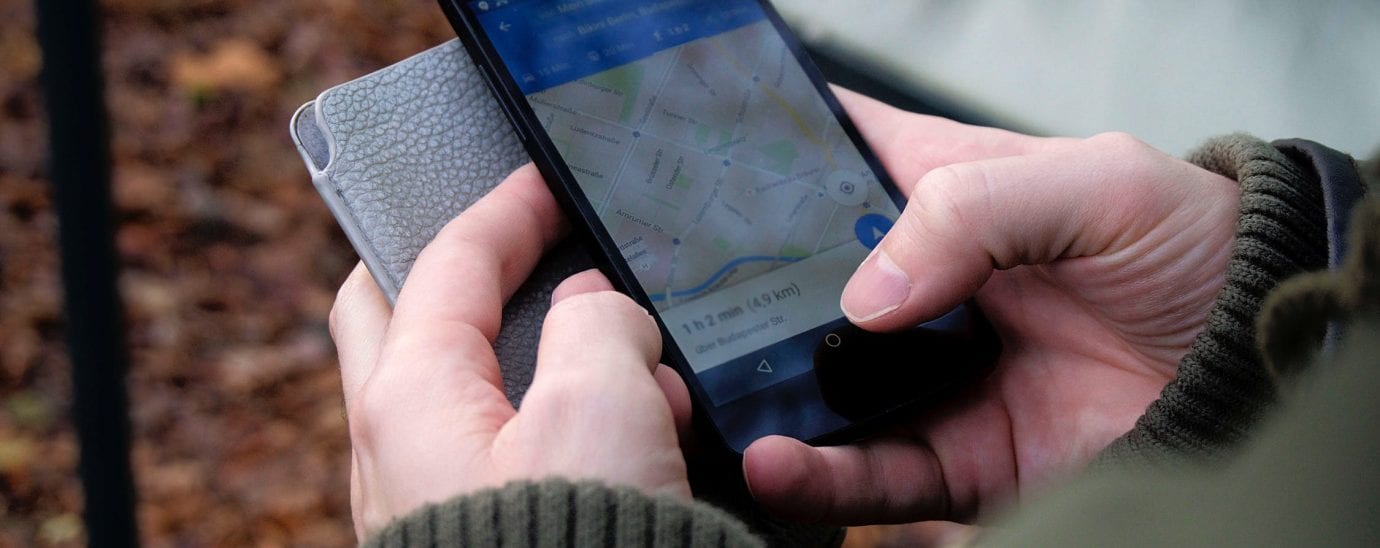COVID-19 apps pose threat to digital privacy

The rush to implement smartphone apps aimed at tackling the spread of coronavirus, comes with a threat to digital security.
Analysis of 10 different apps from 10 countries around the world suggests that the invasive collection of data may compromise the privacy of anyone who downloads them to their phone.
The digital security company Surfshark reviewed the features of numerous different apps which are being promoted as a smart means of tracking the spread of coronavirus. But the investigation revealed that in many instances the apps are developed without clear terms and conditions explaining how the data collected would be stored or used.
The key findings include:
- At least 7 out of 10 apps track GPS location
- At least 6 out of 10 apps are unclear about what they track, don’t provide Terms and Conditions upfront, or use intrusive methods such as surveillance camera footage to track their users
- At least 2 out of 10 apps clearly state that they share this information with third parties
- At least 4 out of 10 apps were developed by or with the help of non-government bodies, such as private companies
“Many crisis-management measures might become a fixture of life. Therefore, we must consider how our life after COVID-19 will be impacted permanently. Governments worldwide are introducing invasive, privacy-ignoring measures that people adapt to because they are afraid,” said Naomi Hodges, cybersecurity advisor at Surfshark.
“Such Orwellian security measures, driven by the seemingly noble goal of public health safety, can be dangerous for a lot of reasons. The first of which is the fact that the majority of people lack cybersecurity education to evaluate the potential consequences of sharing their data,” explains Hodges.
Collecting an incredible amount of user data is increasingly recognized as a bad thing. It can fuel discrimination, especially since innocent-looking data may reveal sensitive information such as political views or sexuality.
For example, the app developed in Colombia asks people if they have participated in any mass events in the previous eight days. Due to the recent protests all over the country, it is controversial and may have life-threatening consequences.
Some app developers may be compromised by their commercial interests – especially in cases such as Alibaba group helping develop the Chinese app, or Google being involved in the development of the CoronaMadrid app
“There is no argument against the fact that the COVID-19 pandemic is threatening to change our lives as we know them. It has already impacted millions of people who got sick, lost their jobs, and will impact so many more. Mass surveillance is quickly spreading along with the advancing technology – and this pandemic crisis is allowing them to both set a precedent and normalize it,” said Hodges.
The full analysis can be found here: https://surfshark.com/blog/privacy-invasive-covid-19-apps
